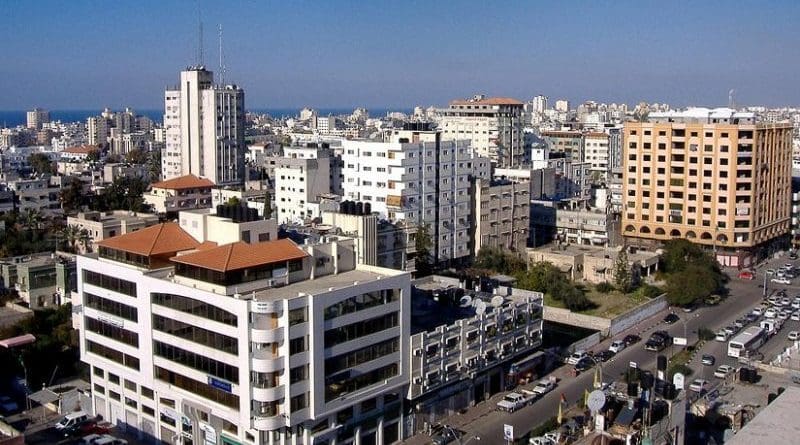Gaza Electricity Crisis Creates Major Mental Health Problems
Prolonged periods without electricity are having a severe impact on the mental health of many people living in the Gaza Strip, a new study reveals.
Researchers found higher levels of anxiety and depression among people who experienced a constant lack of electricity – discovering that people’s sense of wellbeing improved as access to reliable sources of energy increased.
Access to electricity is an essential component of UN Sustainable Development Goal (SDG) 7, ‘Affordable and clean energy’, but the blockaded Gaza Strip struggles with severe electricity shortages – on average, power was off for occupants for 11 hours a day in 2021.
After surveying 350 families living in the Gaza Strip – 81% of whom lived with an intermittent electricity supply – an international research team led by the University of Birmingham has published its findings in International Journal of Social Psychiatry.
The researchers discovered that 93% of participants suffered from moderate-severe or severe anxiety – compared with 6% within the general population in Palestine. Some 44% of individuals suffered from moderate-severe or severe depression – compared with 5.6% in the general population.
Co-author Raya AL-Dadah, from the University of Birmingham, commented: “We found that electricity issues, especially when combined with other stress factors associated with living in Gaza, lead to serious mental health concerns.
“Urgent attention must be given to developing sustainable, reliable, and affordable energy supplies for short- and long-term health and community development.”
The researchers note that energy access and associated poverty has a significant negative impact on health in Low- and Middle-income Countries (LMICs).
Lead author Dr. Mazen AbuQamar, from Al Azhar University-Gaza, commented: “Intermittent access to electricity can impact on social and community networks in many ways, including reducing people’s opportunities to study or access functional health care services. Importantly, access to reliable, non-polluting, and affordable energy can support employment, promote economic development, and help address poverty.”
Home to nearly two million people, including 1.4million refugees, the blockaded Gaza Strip has long struggled with severe electricity shortages, with only 38% of electricity needs met.
The inadequate electricity supply has persisted in the Gaza Strip for decades and, according to the UN Office for Coordination of Humanitarian Affairs, this acute energy crisis pushes the area to the verge of disaster with severe implications for health, water,and sanitation.
Over half of the population in Gaza suffer from the lack of electricity supply, clean water and cooking gas which negatively impacts their wellbeing. Education is hindered by the electricity shortage, especially in winter, with 83.5% of students in Gaza reported that their studies were compromised due to the cut-off of electricity and shortage of gas.

